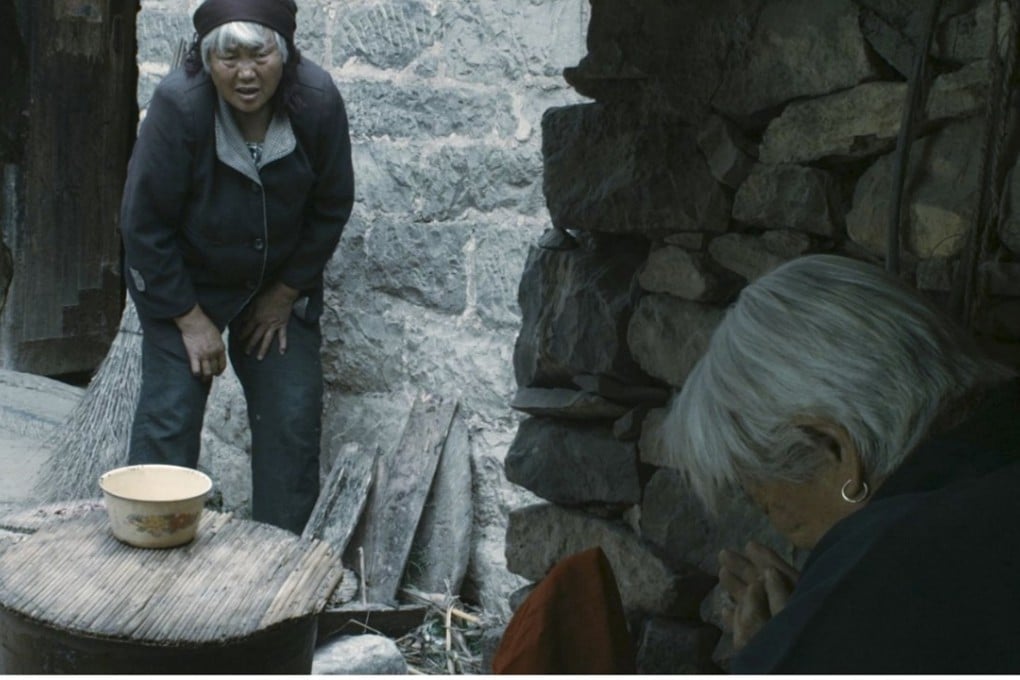At Cannes, Chinese film industry is bolstering its global market presence, even if it only has two movies in competition
There may be few Chinese films vying for festival honours this year, but the country’s producers are busy networking and making deals at Cannes’ other event: the world’s biggest film market

This time last year, Gong Li was asked about the absence of Chinese films at the 2016 Cannes Film Festival. True to form, the candid actress responded with blistering criticism of the Chinese film industry. The lull had been going on for some time, she told China Daily, and international audiences “don’t have high expectations for today’s films in China”.
One wonders what Gong, whose last appearance in the Cannes line-up was in 2014, with Zhang Yimou’s Coming Home, would have to say this year. Unveiled by the festival’s artistic director, Thierry Frémaux, on April 14, the programme initially did not contain a single Chinese-language feature. China’s sole representative in the so-called “official selection” is Qiu Yang’s A Gentle Night, in the festival’s short-film competition.
Cue panic in the media. “Chinese Cinema Snubbed Again in Official Selection,”ran a Hollywood Reporter story. “Frémaux: Chinese Films Unsuitable For Cannes” a Sina.com headline declared, referring to how the artistic director deems China’s mainstream fare as ill-suited to his and his programmers’ tastes. “Chen Kaige: This is Not the End of the World,” ran a headline on Phoenix Television’s online news portal, quoting the filmmaker who won Cannes’ top prize in 1993, with Farewell My Concubine.

There is a bright side, however, as Chinese filmmakers have made inroads into parallel sections at Cannes. Beijing-born, United States-based filmmaker Chloé Zhao’s second film, The Rider, is to be screened at the Directors’ Fortnight, for years the more inclusive and audacious cousin to Frémaux’s official selection.